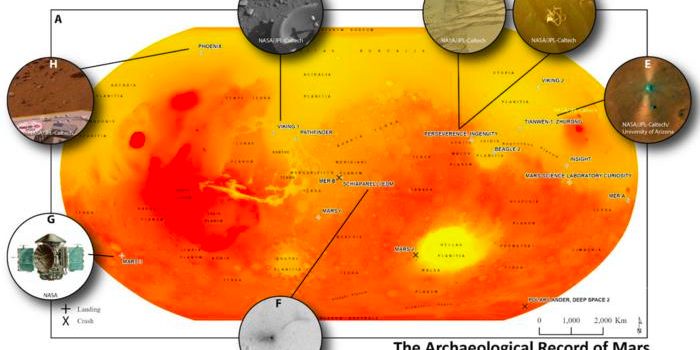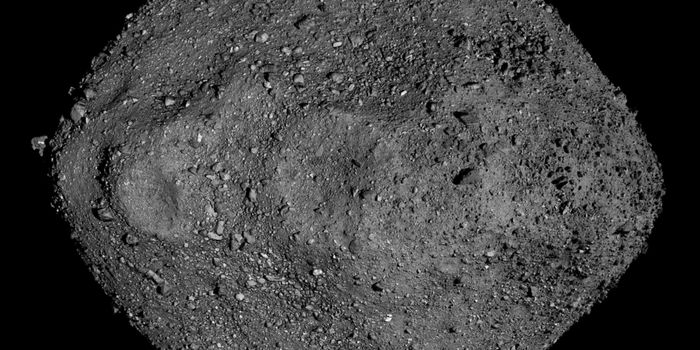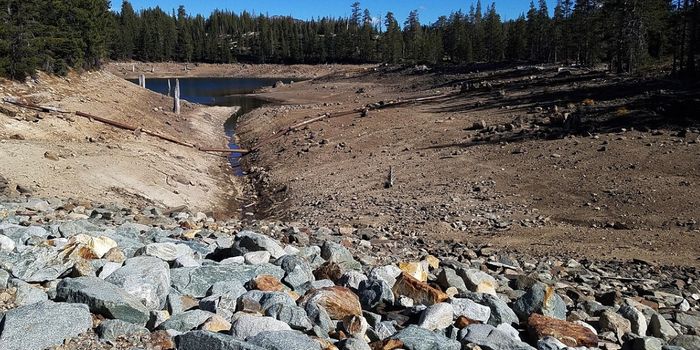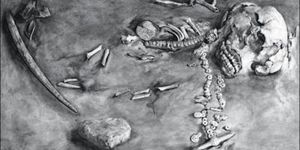Taking Earth's pulse: cyclic patterns of geologic activity every 27.5-million-years
New research published in the journal Geoscience Frontiers highlights the cyclic patterns of geologic activity on Earth. Scientists from New York University report findings from an analysis of major geological events over the last 260 million years, saying that Earth appears to follow a 27.5-million-year cycle.
“Many geologists believe that geological events are random over time. But our study provides statistical evidence for a common cycle, suggesting that these geologic events are correlated and not random," said lead study author Michael Rampino, a geologist and professor in New York University's Department of Biology.
With renewed age-dating data available from improvements in radio-isotopic dating techniques, Rampino, along with co-authors Yuhong Zhu of NYU's Center for Data Science and Ken Caldeira of the Carnegie Institution for Science, analyzed the ages of 89 major geological events of the last 260 million years. Major geologic events can include volcanic flood-basalt eruptions, marine and land extinctions, anoxic/hypoxic oceanic conditions, sea-level fluctuations, and changes or reorganization in the Earth's tectonic plates.
They found patterns in historical geologic events throughout this time period, revealing cyclical clusters of events grouped in pulses of approximately 27.5 million years apart. They point out the most recent pulse as occurring roughly 7 million years ago.
“These cyclic pulses of tectonics and climate change may be the result of geophysical processes related to the dynamics of plate tectonics and mantle plumes, or might alternatively be paced by astronomical cycles associated with the Earth’s motions in the Solar System and the Galaxy,” write the authors.
"Whatever the origins of these cyclical episodes, our findings support the case for a largely periodic, coordinated, and intermittently catastrophic geologic record, which is a departure from the views held by many geologists," concludes Rampino.
Sources: Geoscience Frontiers, Science Daily








